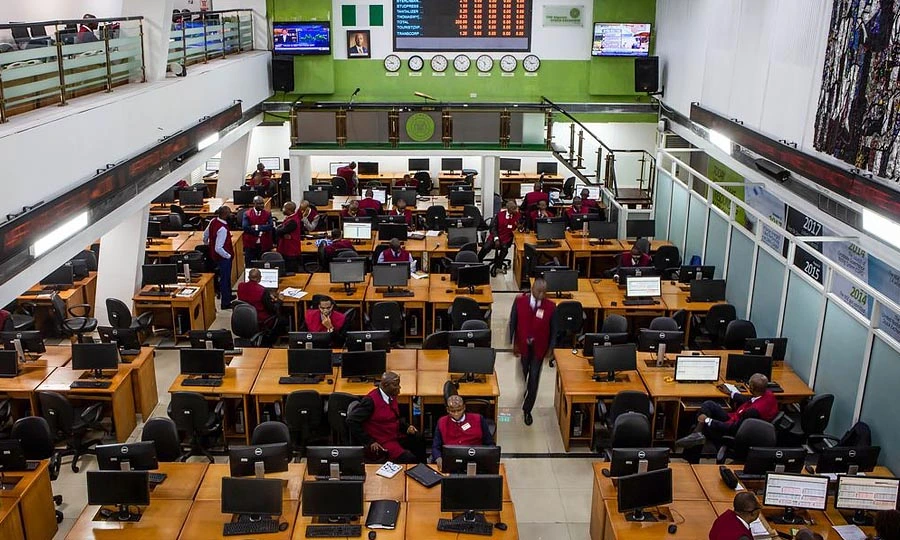Listing and floating shares of the Nigerian National Corporation (NNPC) on the Nigerian Exchange (NGE) is a win-win for both the oil giant and the exchange. Market realities and global trends suggest that is the way to go and the time to do that is now.
Listing the NNPC shares has been on the tables for roughly one year but the issue was again in the news a few days ago, suggesting it is a fundamental issue that will not go away. It will not go away because it is a matter of free markets. Free market regime is the order of the day. This underscores the need to give it serious consideration.
Years ago, the NNPC was reported to want to offer 40 percent of its holdings to the public in an IPO. The shares, if listed will dwarf the capitalisation of MTN and that of Dangote the current elephants of the local bourse. This means that the exchange will be conferred with more liquidity and offering investors one more investment option to diversify their portfolios and speculate on for capital gains. Furthermore, any extra security would further broaden and deepen the market. The listing and issue would also serve as a credibility boost for the market.
In listing, the NNPC would be following in the footsteps of Saudi Aramco whose shares recently deepened and enriched the Saudi Exchange, becoming the world’s most valuable company and earning billions of dollars for the Saudi government’s infrastructure and investment drives.
The move is seen to help the NNPC overcome some of its seemingly intractable transparency issues; it will automatically ensure that the books of the corporation are not only available, it will ensure they are submitted on time for public scrutiny.
Getting on the exchange will help to tinker the corporation’s governance structure and ensure professionals run it towards profitability and sustainability. Stories of negative profits will likely be a thing of the past giving that managers would be out to maximise shareholders’ worth.
Listing would confer the NNPC the right to raise millions of dollars from the market to meet its capital requirements. This appears a better alternative to bank financing, which comes with crazy interest rates especially at a time like this where our equivalent of the Federal Funds Rate, the Monetary Policy Rates (MPC) is at a staggering 13 per cent.
It is a less risky and prudent way of raising money and make pretty the financial or capital structure of the corporation. And since the capital raised would be long term, the corporation is going to be in a very good stead to execute long term projects. It is sure also to moderate its financing costs.
So at a time governments are divesting from State Owned Corporation (SOC) for the efficiencies and transparency they confer, we shouldn’t be seen as hanging on to the past. We hereby urge all arms of government responsible for bringing this in to fruition to urgently do the needful.





